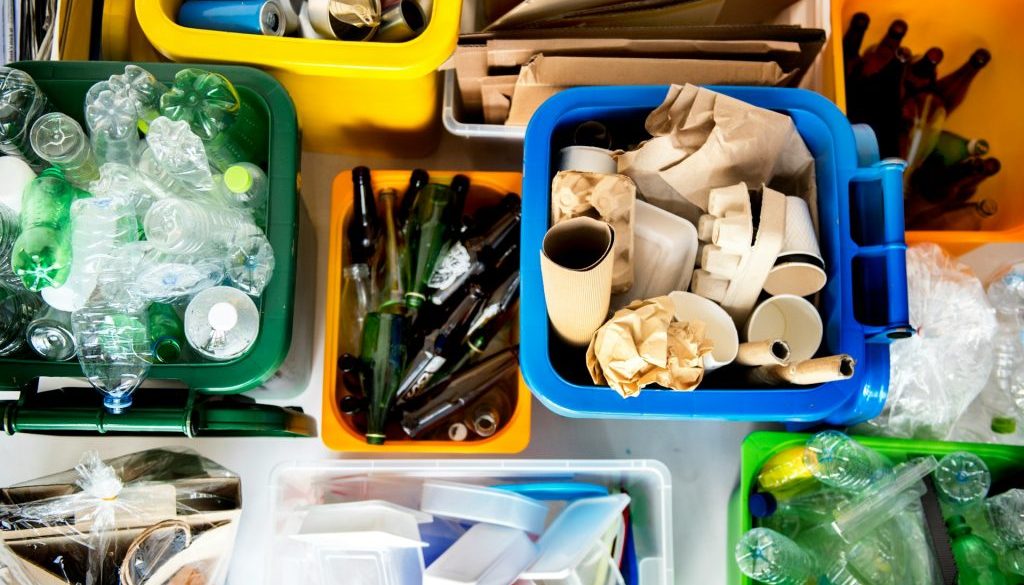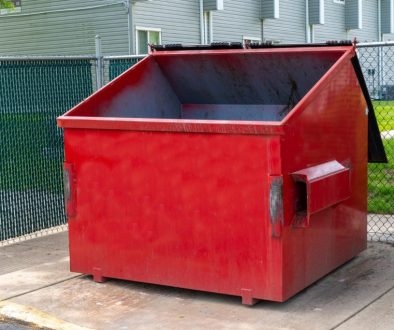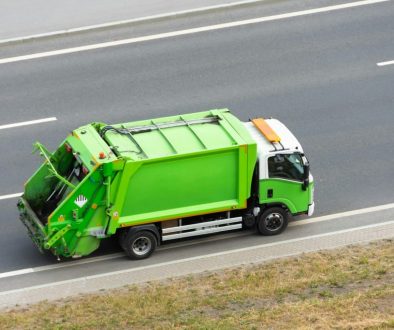Recycling at home is a fantastic way to do your bit for the planet. It’s an easy and effective method to cut down on waste, conserve resources, and look after the environment. By starting a recycling programme in your household, you’ll be actively reducing the strain on landfills and helping to preserve our planet’s natural beauty.
Understanding the Basics of Home Recycling
Recycling at home involves collecting and processing materials that would otherwise be considered waste into new products. This simple practice helps to conserve resources, reduce the need for raw materials, and cut energy use. Understanding the basics of recycling at home sets the foundation for a sustainable lifestyle.
An essential aspect of recycling is knowing why it matters. Recycling plays a significant role in protecting the environment by reducing pollution and conserving natural habitats. By recycling, household waste is transformed into raw materials, lowering the carbon footprint associated with producing new products. This reduction in emissions helps combat climate change, benefiting local communities and the planet as a whole.
Moreover, recycling supports local communities by reducing the burden on landfills. With less waste being sent to these sites, the chance of hazardous materials seeping into the ground and water systems decreases. Communities become healthier as a result, with improved air and water quality. Recycling also conserves natural resources such as water, wood, and minerals, as these are less required to produce new goods.
Several key points highlight the value of recycling:
- Reduction in energy consumption
- Decrease in landfill use
- Preservation of natural habitats
- Improvement in public health
Engaging in home recycling not only benefits the environment but also strengthens community ties, offering a practical way for individuals to contribute to sustainability.
Setting Up Your Home Recycling System
Creating an effective recycling system at home involves identifying and sorting recyclable materials from non-recyclable items. Begin by familiarising yourself with the types of materials that can be recycled, such as paper, cardboard, certain plastics, glass, and metals. Conversely, items like polystyrene, certain plastics, and contaminated materials often cannot be recycled and should be disposed of appropriately.
To set up your home recycling system, follow these straightforward steps:
1. Identify Materials: Learn what your local waste management service accepts to avoid contamination of recycling streams.
2. Designate Spaces: Allocate areas in your home for recycling bins. Consider high-use areas like the kitchen for easy collection of materials.
3. Label Bins Clearly: Use clear labels to distinguish different recycling categories. Simple label names like “Paper,” “Plastic,” and “Glass” ensure easy sorting.
4. Use Colour Codes: Enhance bin visibility and understanding with a colour-coded system. For instance, blue for paper, green for glass, and yellow for plastics.
5. Regular Maintenance: Schedule regular checks to empty and clean bins, preventing odours and build-up that might deter use.
Clear organisation and regular upkeep of your recycling system prevent mix-ups and ensure efficiency. With the right setup, recycling daily household waste becomes an easy and rewarding habit.
Incorporating Sustainability into Everyday Life
Living sustainably begins with making small, manageable changes at home. One effective way to reduce waste is by purchasing products in bulk. This method decreases packaging waste and often saves money. Opt for goods packaged in recyclable materials, which supports a circular economy, helping to keep those materials out of rubbish dumps.
Repurposing household items is another proactive step. Transform glass jars into storage containers or use old tins for planting herbs. These creative ideas reduce the need to buy new items and cut down on waste generated by disposal. Embracing a culture of reuse can make a substantial difference to your waste management routine.
Encouraging daily habits such as rinsing containers before placing them in recycling bins can improve the efficiency of the recycling process. Clean recyclables prevent contamination and ensure a higher quality of material for recovery. Educate family members to take these small steps and make them routine. Over time, these habits contribute significantly to environmental conservation.
By integrating these sustainable practices, you promote a mindful approach to living. These actions not only support the environment but also foster a sense of personal responsibility and communal care towards waste reduction.
Staying Informed and Involving the Community
Keeping updated with local recycling regulations is crucial for effective recycling. Laws and guidelines can change, so staying informed helps ensure compliance and enhances your recycling programme. Check council notices or online resources regularly for any updates or new regulations concerning recycling.
Engagement within the community amplifies recycling efforts and creates a more significant impact. Begin by involving family and encouraging neighbours to participate in recycling initiatives. Organising community clean-up days or recycling drives can foster a collective enthusiasm for sustainability and reinforce the importance of proper waste management.
Access to resources like community workshops or online forums offers a platform for sharing recycling tips and best practices. These resources provide valuable information that aids in understanding the complexities of recycling different materials, including hazardous ones. Sharing success stories and exchanging knowledge in these forums can empower more people to adopt and maintain recycling habits.
Extending your reach beyond your home to involve the community strengthens your recycling goals. It creates a network of environmentally conscious individuals committed to reducing waste and safeguarding natural resources.
Conclusion
Setting up an effective home recycling programme and fostering sustainable practices are crucial steps towards environmental preservation. When recycling is integrated into daily life, it not only reduces waste but also cultivates a mindset of responsibility and care for the planet. Engaging with the local community further strengthens these efforts by promoting awareness and collective action.
By adopting these practices, you contribute to a larger movement aimed at conserving resources and enhancing the quality of our environment. Evaluating and refining home recycling systems will continue to play a central role in advancing eco-friendly habits. Stay informed and proactive to create a sustainable future for generations to come.
If you’re looking to enhance your recycling efforts, consider partnering with Enviro Skip Hire. We offer a range of solutions to streamline your waste management, from skip hires in Stafford to recycling tips. Visit our website to see how we can help you expand your recycling initiatives and make a lasting environmental impact.




